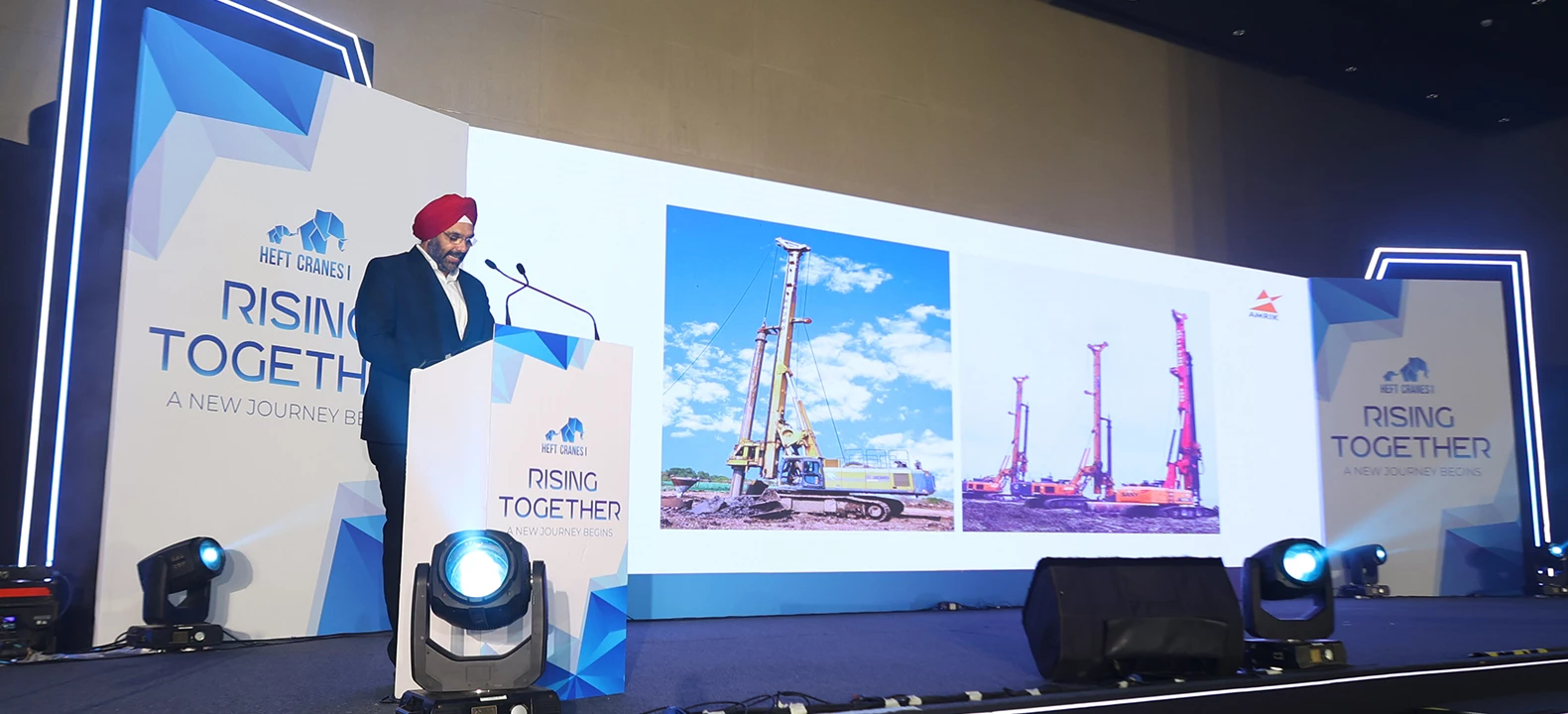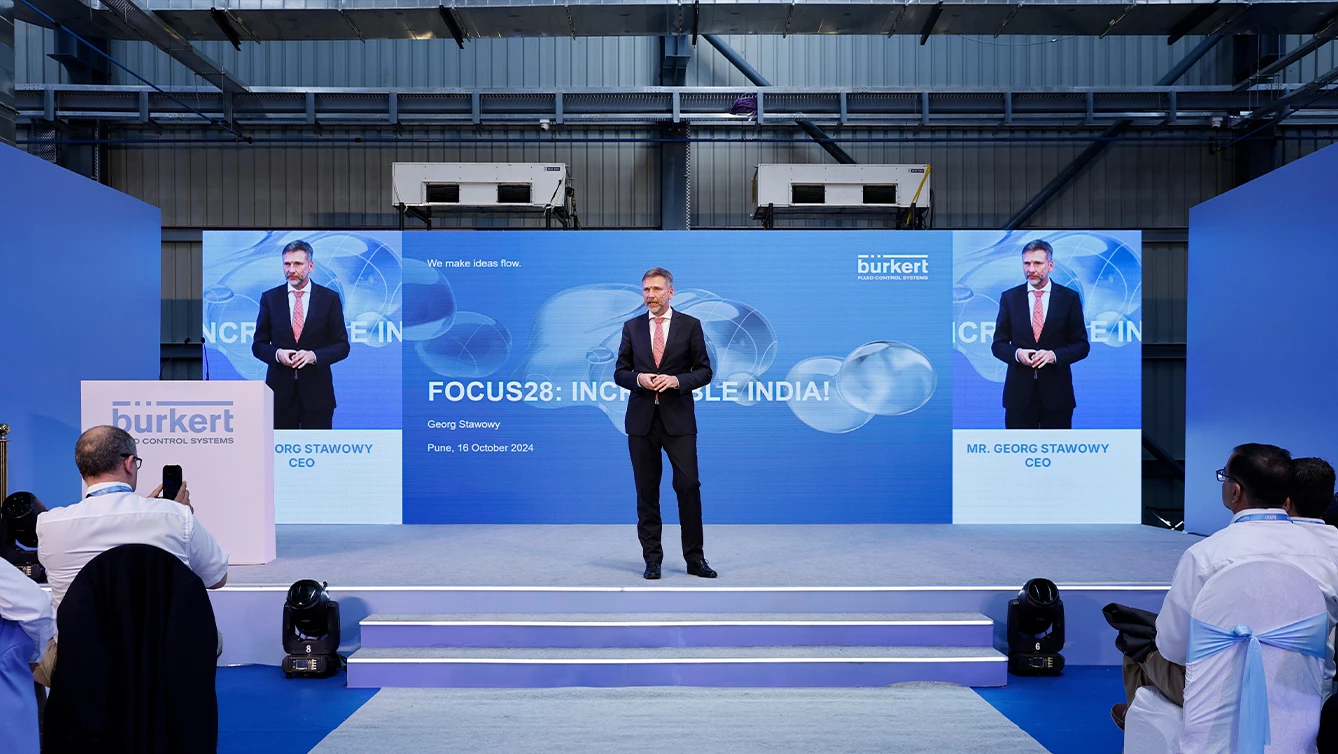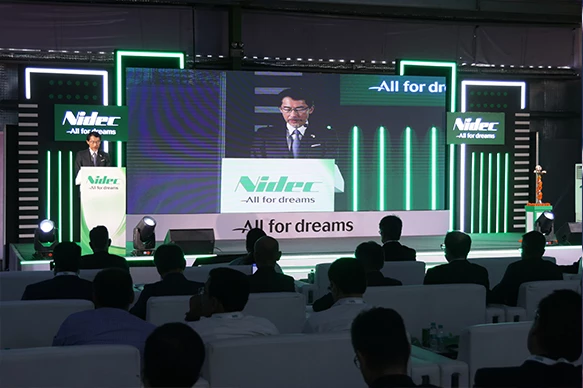The event industry globally has seen a big, powerful shift in recent years. As the importance of activities related to climate change, waste reduction, and responsible travel have garnered more and more focus, ‘sustainability’ has taken a new meaning from merely being a buzzword to now a core business expectation. This is most evident in International MICE Events, where this push towards green initiatives is totally reshaping how global conferences, incentives, exhibitions, and meetings are planned and executed today!
Earlier, International MICE Events were often associated with a massive carbon footprint — from air travel to elaborate setups and paper-heavy materials. However, they are all being re-thought so as to ensure all elements are aligned to the environmental goals of the respective organisation. Today, stakeholders and attendees are both demanding accountability and are being aware of environmental impacts. Hence, the time for sustainable transformation is now.


According to Allied Market Research, their report shows a big leap in the global MICE industry – from a $916 billion reported in 2019 to an expected whopping figure of $1.7 trillion by 2030. However this also means there will be negative consequences to the environment in terms of huge amounts of waste, emissions, and energy consumption.
For example, it is seen that a single three-day conference can generate up to 5.5 tons of waste and up to 530 tons of CO₂ emissions, according to the MeetGreen Environmental Benchmarking Study. All this led to event planners, venues, and companies to relook at their approach by making sure International MICE Events are no longer just about business—but now seen as an opportunity to showcase responsibility and environmental leadership.
The sustainability push begins at the planning table. Leading mice event company teams today are re-evaluating every element, from destination selection to vendor choices, with sustainability in mind. A few key trends include:
One of the most visible changes in mice corporate events is how event setups are designed and delivered. Traditional single-use banners, plastic décor, and throwaway props are being replaced with reusable materials, modular stage designs, and digital displays.
Some strategies now widely adopted include:
Several companies are also adopting “zero-waste” event models. This means strict recycling rules, no plastic usage, and composting organic waste from food and décor. Such practices not only reduce waste but also communicate a powerful message of accountability to the event’s attendees.
One of the biggest challenges in International MICE Events is the travel involved. With attendees flying in from around the globe, emissions can quickly add up. That said, many mice management professionals are finding creative ways to lower this footprint.
For instance:
Many events now also include carbon offsetting as part of the registration fee, with funds going toward verified reforestation or renewable energy projects.
Digital transformation is not just convenient — it's sustainable. From virtual invitations and QR code-based check-ins to event apps replacing bulky agendas, technology is helping reduce paper use and logistics.
Hybrid models are also gaining momentum. When you offer a combination of in-person and virtual attendance, MICE event companies can reduce the number of physical attendees and at the same time expand the event’s global reach. Consequently, this leads to lower emissions while at the same time ensuring attendance of participants who may have not been able to travel.
Food waste is a significant issue at most large-scale events. Mice event management teams are now working with caterers to design smarter, more sustainable menus. This includes:
Such measures reflect well on corporate hosts and also help educate attendees about mindful consumption.
Only what gets measured, can get improved. Thus, corporate event management now includes sustainability reporting as one of the key deliverables and are using tools to track carbon emissions, water usage, waste generation, and attendee transport methods.
These reports can then be used by client companies in their own ESG (Environmental, Social and Governance) reporting. These can also be used during reviews on internal sustainability. Hence it is clear — transparency and accountability are becoming as important, if not more than logistics and hospitality.
At SKIL EVENTS, we believe that every event is a chance to make a meaningful impact. This impact generated is not only in terms of the audience, but on the planet as whole too. The team has been at the forefront promoting sustainable practices in International MICE Events across industries as well as across destinations.
They curate zero-waste experiences, have partnered with eco-conscious vendors, and also encourage hybrid event formats, thus helping their clients achieve their business goals while keeping environmental responsibility at the crux of the entire execution. Whether it’s an incentive trip to Europe, a leadership summit in Dubai, or an international exhibition in Singapore, they are committed to bring the same level of excellence into every plan.
Why Choose SKIL EVENTS?
We understand that sustainability is not a trend. It is a responsibility. Our clients rely on us to make their mice corporate events not just successful, but also meaningful in a larger context.
As the MICE industry evolves, green practices are no longer optional. They are expected. The companies that prioritise sustainability in their corporate event management decisions are already gaining an edge — not only in reputation but also in cost efficiency, brand loyalty, and employee engagement.
With the right MICE event management partner, it’s possible to design and deliver events that are high-impact for business and low-impact on the planet. Today more and more clients, employees, and consumers are expecting responsible behaviour, therefore now is the time to act.
Choose SKIL Events — your trusted partner in crafting responsible, relevant, and inspiring International MICE Events.

